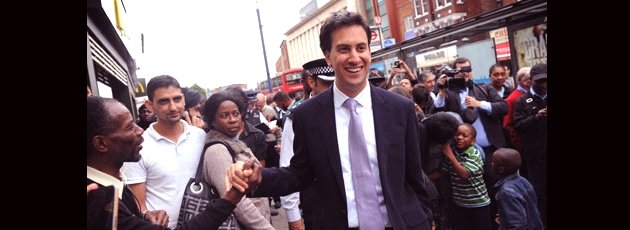- Home
- News & Blogs
- About Us
- What We Do
- Our Communities
- Info Centre
- Press
- Contact
- Archive 2019
- 2015 Elections: 11 new BME MP’s make history
- 70th Anniversary of the Partition of India
- Black Church Manifesto Questionnaire
- Brett Bailey: Exhibit B
- Briefing Paper: Ethnic Minorities in Politics and Public Life
- Civil Rights Leader Ratna Lachman dies
- ELLE Magazine: Young, Gifted, and Black
- External Jobs
- FeaturedVideo
- FeaturedVideo
- FeaturedVideo
- Gary Younge Book Sale
- George Osborne's budget increases racial disadvantage
- Goldsmiths Students' Union External Trustee
- International Commissioners condemn the appalling murder of Tyre Nichols
- Iqbal Wahhab OBE empowers Togo prisoners
- Job Vacancy: Head of Campaigns and Communications
- Media and Public Relations Officer for Jean Lambert MEP (full-time)
- Number 10 statement - race disparity unit
- Pathway to Success 2022
- Please donate £10 or more
- Rashan Charles had no Illegal Drugs
- Serena Williams: Black women should demand equal pay
- Thank you for your donation
- The Colour of Power 2021
- The Power of Poetry
- The UK election voter registration countdown begins now
- Volunteering roles at Community Alliance Lewisham (CAL)
Labour has no plan for Black representation
It may seem a long way before the next General Election scheduled for May 2015, but the battle plans for targeted seats, including who can stand, and who will get supported are very much in their advanced stages.
What is deeply worrying, taking a cursory look at the Labour party’s plans, along with speaking to Black and Minority Ethnic (BME) Labour party activists, is that once again excellent BME candidates seeking to fight those all important marginal seats, could be squeezed out by a lethal combination of trade union pressure, all women short lists, and the lack of a cohesive plan to tackle low BME political representation.
In principal, BME communities have supported ‘all-women’ short lists: Given the nature of male dominated political parties and institutions, which too often ignore female talent, in that conscious and unconscious bias which seeks to replicate itself, it’s difficult to argue against ‘all women’ shortlists. And yet within the Labour party structure, in the past, the present, and possibly the future, both BME men and women are penalised by ‘all women’ shortlist.
Unlike the Conservatives, the Labour Party rarely selects BME candidates in overwhelmingly white majority areas. Therefore, the only real chance that BME candidates getting selected has been in urban areas, such as Lewisham, Harrow, Dudley, Cardiff, Ealing, Hornsey and Enfield. Yet all these areas, which are among Labour’s top 20 hit list have all been designated ‘all-women’ short lists.
Trouble is speak to many BME Labour party activists and they’ll tell you what they think of ‘all-women’ short lists. One BME female would-be candidate told me:
They should really call it 'all white women short lists' because we don’t get a look in."
To my recollection of the 40 or so women who have been selected and elected from all women list, now serving in Parliament only two have been BME - Rushnara Ali in Bethnal Green and Shabana Mahmood in Birmingham.
On two occasions, memorable for all the wrong reasons, two all-women short lists –East Ham, and Hackney – comprised of 5 BME women, and one white, on both occasions the white woman won. I witnessed on both occasions particularly in East ham, BME men and women shockingly hostile to each other. For example, Black men ,- who will not be named-spitefully conspired against Black women because they voted for ‘all-women’ shortlist, and then BME women refused to work together, ultimately cancelling each other’s vote out.
For BME men who cannot stand in these prized ‘all women’ short listed target seats, they have very few options. They can join the melee that will no doubt occur for the few available ‘open seats’ such as Battersea, Bermondsey, and Brent, which are likely to descend in backstabbing in fighting, or they can attempt to get selected in areas in those non urban areas such as Warrington South, the Vale of Glamorgan or Pembrokeshire. The overall outlook is: Option 1, poor. Option 2, very poor.
The Labour hierarchy has to act quickly if it values its BME members and even more importantly if it values the Black vote. For more than 50 years Black voters have been fantastical loyal to the Labour party, that same loyalty has sadly never been reciprocated.
Black and minority Ethnic communities must abandon that fixated loyalty to the Labour. They have to earn it. A key step on that journey is tackling the chronic lack of BME representation in our political institutions. No more talk, Ed Miliband, and Ed Balls. Its time for action.
Simon Woolley
